On the afternoon of November 13 in Ho Chi Minh City, the Vietnam Green Building Council (VGBC) in collaboration with Global Real Estate Sustainability Benchmark (GRESB) organized the "Vietnam Green Real Estate Conference 2025: ESG Trends and Green Finance Classification Portfolio", with the participation of nearly 150 domestic and foreign delegates, including real estate developers and managers, banks, financial institutions, ESG consultants, contractors and green solution providers.
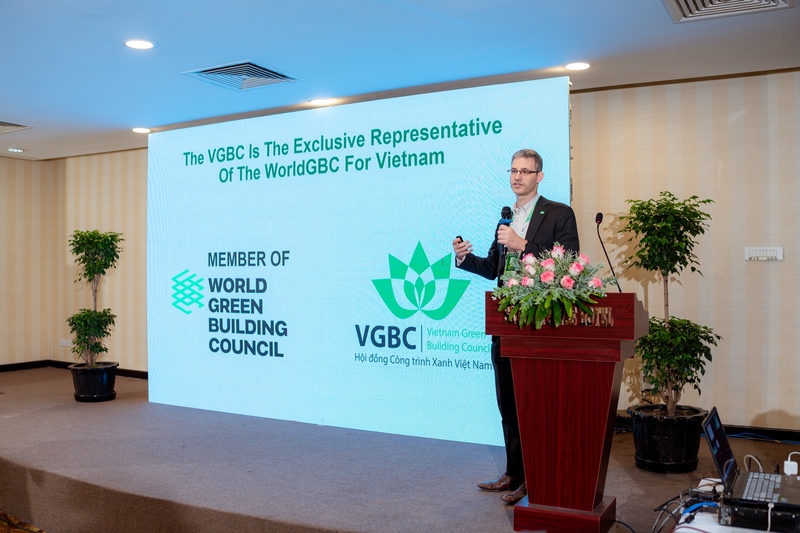
Mr. Douglas Snyder - Executive Director of VGBC delivered the opening speech at the conference.
The conference provided a comprehensive picture of ESG trends in the world and in Vietnam, the results of GRESB 2025 in Southeast Asia, and opportunities to access green capital through the Green Finance Classification List. On that basis, the program aims to support businesses in applying international standards into practice, strengthening connections between entities in the real estate ecosystem to shape sustainable development strategies, towards the goal of Net Zero by 2050.
In his opening remarks, Mr. Douglas Snyder - Executive Director of VGBC, emphasized the complexity of the ESG and green finance topics. However, through the presentations of the speakers and in-depth discussions, he hopes that the conference will help the business community become more confident in strategic planning.
" Hopefully the content shared today and the information that everyone receives will contribute to having a more comprehensive view and more confidence in the process of operating and building strategies, both domestically and internationally. Especially in the field of green investment, aiming to make the real estate industry one of the sustainable growth drivers of Vietnam", said Mr. Douglas Snyder.
ESG, green finance and opportunities for Vietnamese real estate
Sharing at the conference, Mr. Trey Archer - Director of Business Development, GRESB, commented that 2025 is a pivotal time when Vietnamese enterprises begin to strongly shift from "awareness" to "action" in sustainable development.
Accordingly, international organizations such as CREST recognize Vietnam and Southeast Asia as emerging markets with great potential, especially as businesses increasingly participate in sustainable development reporting, apply international standards and seek green financial models.
Mr. Trey Archer also said that sustainability-linked loans are becoming an important driving force. At least 5 major banks in Southeast Asia have launched green credit packages, helping businesses access preferential capital sources and affirming their commitment to reducing emissions.
CREST statistics show that businesses applying sustainable standards can reduce energy costs by about 30%, save 20-25% of water and cut greenhouse gas emissions by an average of 5.5%, a significantly higher efficiency level than the Asian and world average.
Green buildings also demonstrate clear commercial benefits, reflected in a 5-10% increase in valuation and the ability to attract tenants willing to pay 7-15% higher rents.
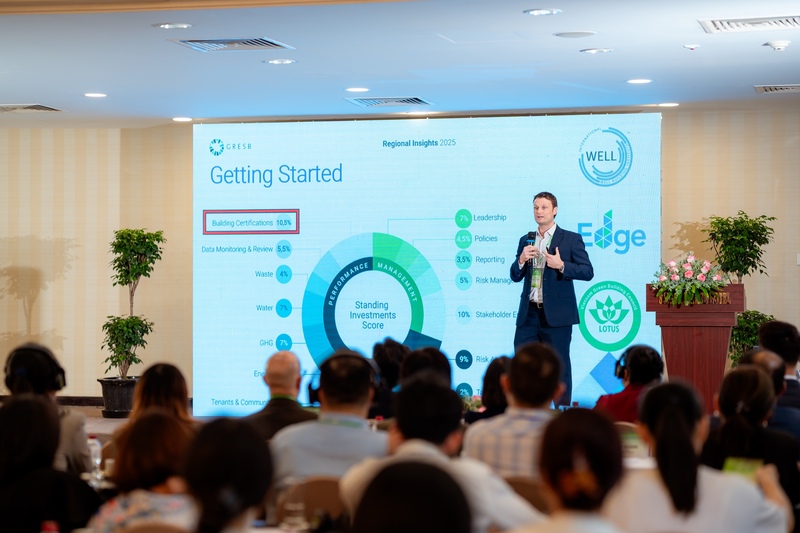
Mr. Trey Archer - Director of Business Development GRESB.
Sharing the same view, Mr. Do Huu Nhat Quang - Director of GreenViet continued to affirm the important role of green certification in improving ESG scores. In particular, Lotus - a domestic standard managed by VGBC.
With 250 certified projects, GreenViet emphasizes that green building certification not only helps reduce resource consumption but also contributes directly and indirectly to the GRESB score, thereby becoming a clear competitive advantage for businesses.
"Notably, existing green projects can contribute 37.5/100 GRESB points, while new development projects contribute 41/100 points through criteria of sustainable materials, energy saving and renewable energy use," said GreenViet Director.
Pioneering enterprises and the roadmap to realizing sustainable real estate
In his presentation on the ASEAN Green Finance Standards, Mr. Douglas Snyder affirmed that the application of green classification is important in making capital flows transparent and monitoring the effectiveness of green finance use.
Criteria for emission reduction, water management, waste treatment and sustainable materials are integrated throughout the assessment system to help investors and financial institutions track the actual impact of the project. According to Mr. Douglas Snyder, Vietnam can apply three routes, including new construction, renovation of existing construction, and project development through mergers and acquisitions.
From the perspective of a project development company, Mr. Lee Leong Seng - Director of Real Estate Development, Keppel Vietnam, described Keppel's ESG integration strategy throughout the project lifecycle. The Group aims to reduce 50% of its Scope 1 and 2 carbon emissions by 2030, achieve Net Zero by 2050, and completely transition to renewable energy by 2030.
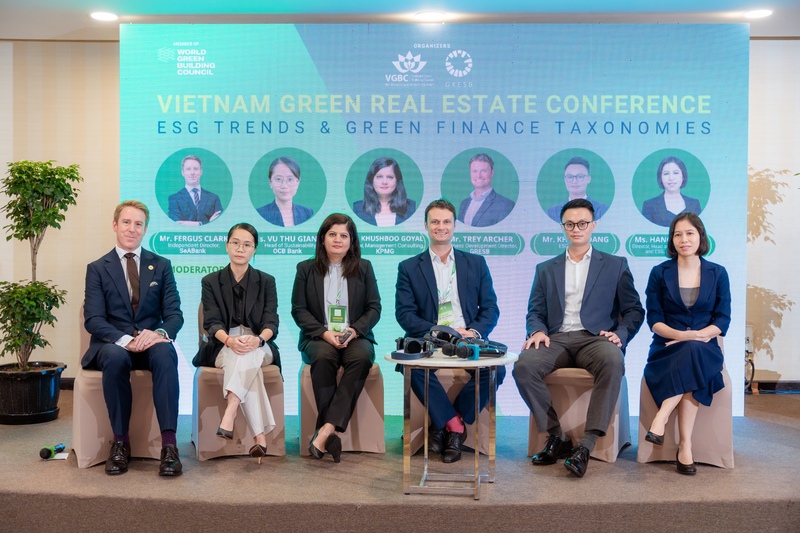
Speakers attending Vietnam Green Real Estate Conference 2025: ESG Trends & Green Finance Classification Portfolios.
Projects such as The Estella, Gladia by the Waters or The Infiniti are all typical examples of the socio -economic efficiency of green development, in which The Infiniti project eliminated 1,135 tons of CO2 thanks to CO2 mineralized concrete materials and recorded 99% of apartments booked on the opening day.
Meanwhile, Ms. Luu Thi Thanh Mau - CEO of Phuc Khang Corporation, also Vice President of the Green Business Association and the Ho Chi Minh City Real Estate Association, presented the roadmap for sustainable project development, emphasizing the company's consistent orientation towards Net-Zero Carbon.
She said that Phuc Khang pursues the mission of "Building Green buildings, Green communities, Green future", demonstrated through the Vietnam Lotus Village project - Lotus project, registering WELL and promoting the value of green education, culture, and community health. In addition, some of Phuc Khang's Green projects have also made their mark with awards such as the Vietnam Urban Planning Award 2022 and the record of "the largest bamboo house in Vietnam" for the Vietnamese Bamboo Convention Center.
" Phuc Khang's entire development roadmap is being consistently oriented towards Net-Zero Carbon ," affirmed Ms. Luu Thi Thanh Mau.
At the conference, representatives of financial and consulting organizations such as OCB, SeABank, KPMG, CBRE, SLP Vietnam… also provided insightful perspectives to help make the practical picture of green finance clearer.
Some banks analyze green credit criteria, common errors that lead to rejected applications; consulting and market research units provide comparative data between green buildings and conventional buildings in terms of rental prices, occupancy rates, and asset values. Meanwhile, KPMG warns of the biggest risks and concerns of investors related to ESG in Vietnam in the next 5 years.
Source: https://congthuong.vn/tai-chinh-xanh-khoi-thong-dong-von-cho-doanh-nghiep-bat-dong-san-viet-nam-430334.html




![[Photo] Deep sea sand deposits, ancient wooden ship An Bang faces the risk of being buried again](https://vphoto.vietnam.vn/thumb/1200x675/vietnam/resource/IMAGE/2025/11/13/1763033175715_ndo_br_thuyen-1-jpg.webp)







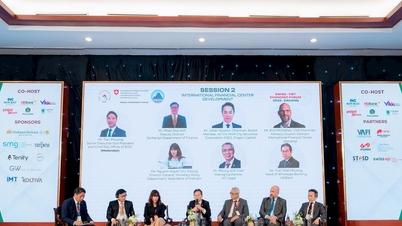

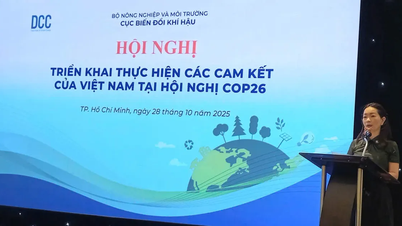



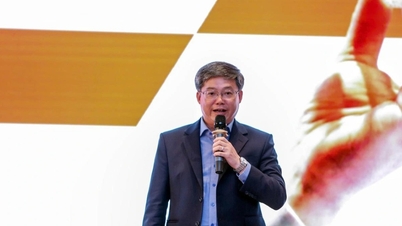

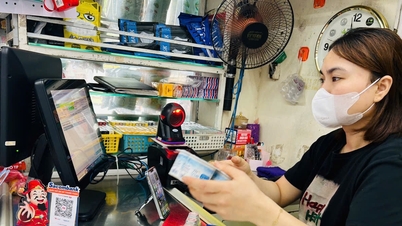











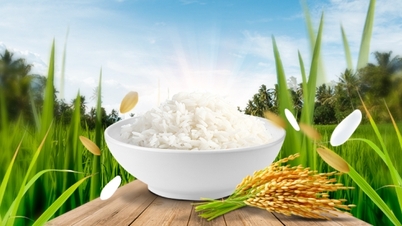




































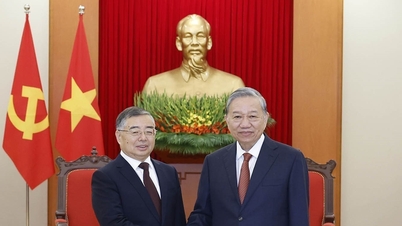
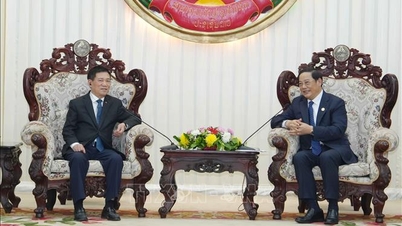


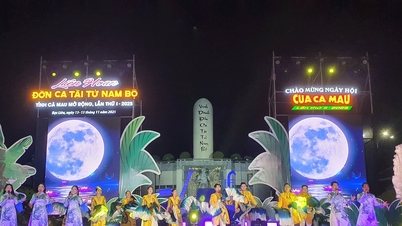




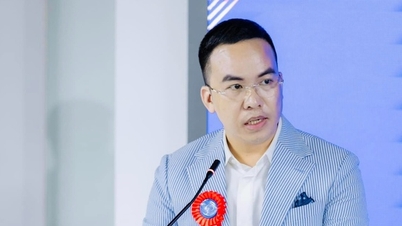
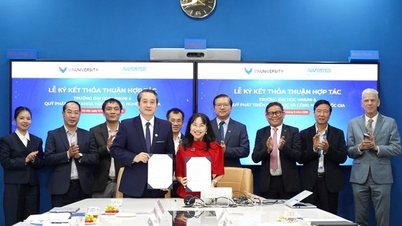

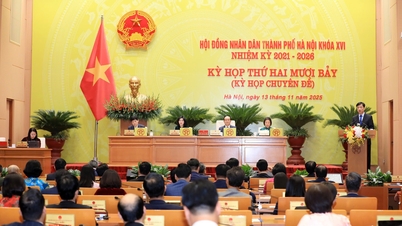

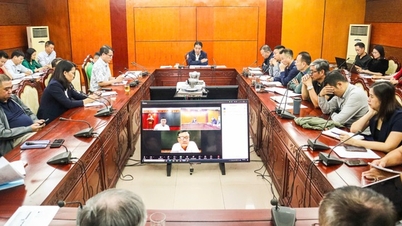
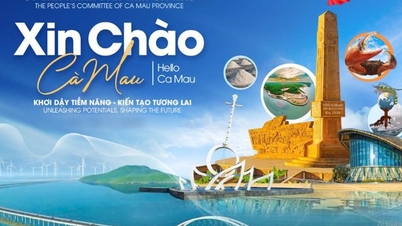
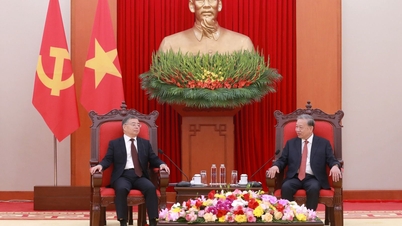


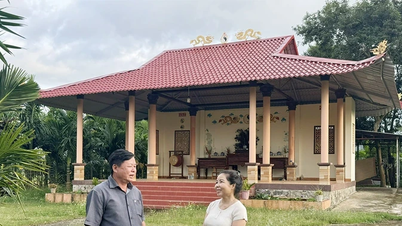

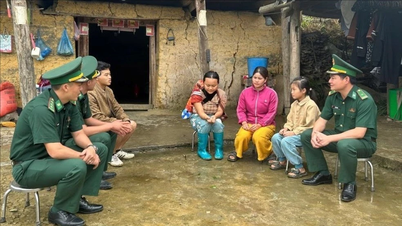

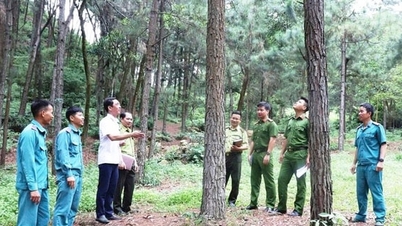

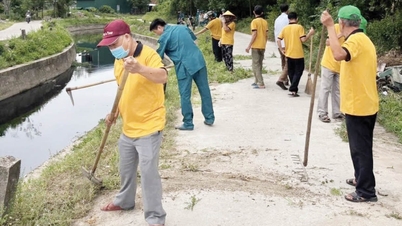

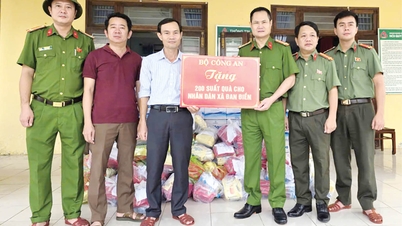




![Dong Nai OCOP transition: [Article 3] Linking tourism with OCOP product consumption](https://vphoto.vietnam.vn/thumb/402x226/vietnam/resource/IMAGE/2025/11/10/1762739199309_1324-2740-7_n-162543_981.jpeg)



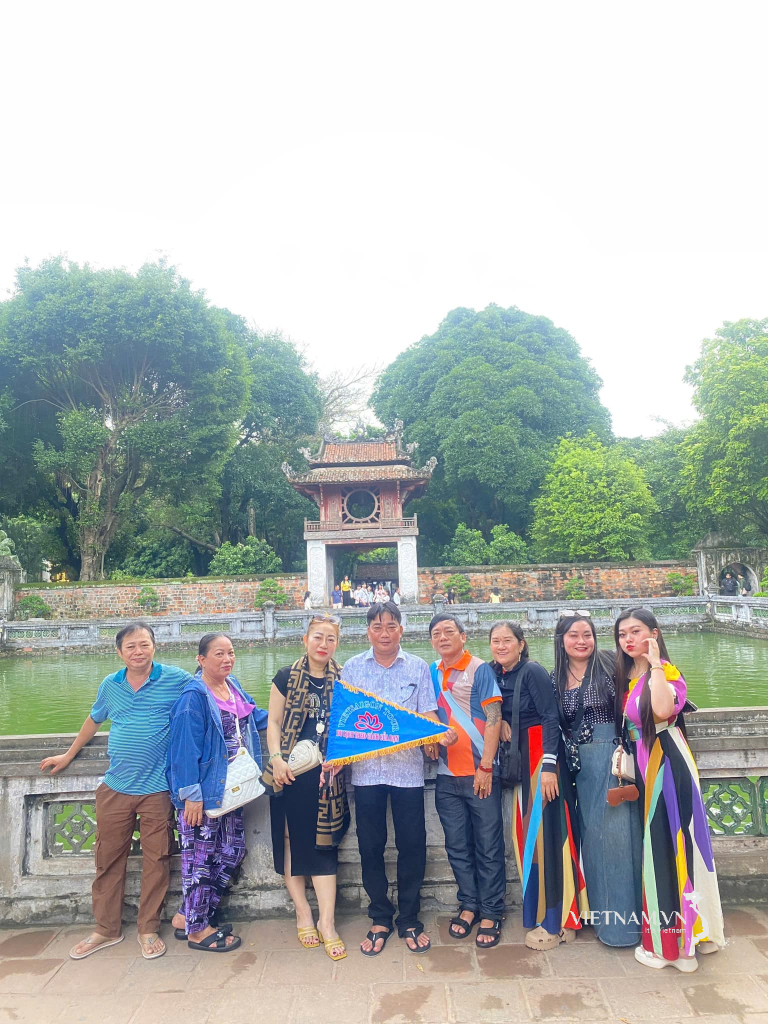



Comment (0)